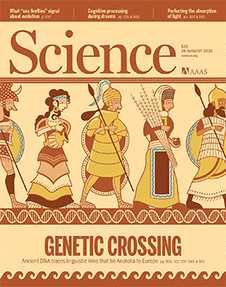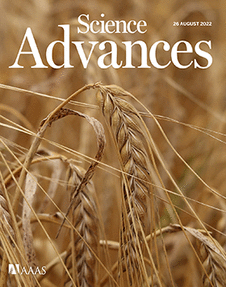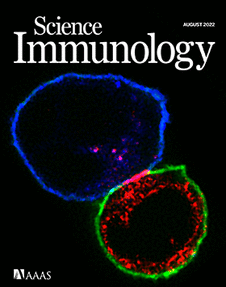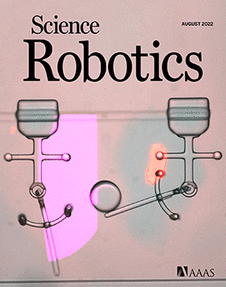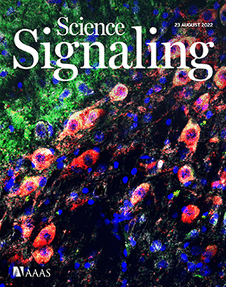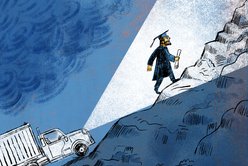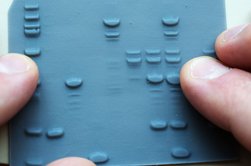Falling out of love with my astronomy career dream led to something even better
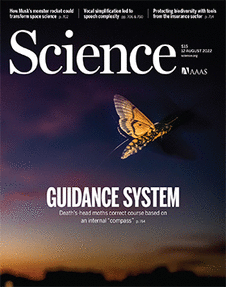
When I arrived at the mountaintop observatory, I was bursting with excitement. I was about to finish my junior year studying astrophysics, with plans to apply for a Ph.D. in the field, and I had the rare opportunity to go on an observing run. As I arrived at the tiny cabin that would be my home for the next few days, I finally felt like an astronomer. Unfortunately, the excitement didn’t last. As I sat alone, staring at a computer screen instead of the night sky, pressing a combination of buttons over and over to control the telescope and retrieve data, I had to admit: This wasn’t what I had imagined.
I had wanted to be an astronomer ever since my father gave me the DVD box set of Cosmos: A Personal Voyage when I was a teenager. Watching Carl Sagan talk about the heavens, I thought I had found my calling. But after my experience at the observatory, I had to face a new truth. If this was the astronomer’s life, then the astronomer’s life wasn’t for me.
I returned to college on the verge of panic. I still wanted to pursue a Ph.D. to learn more about the natural world and conduct independent research one day. But where was my future, if not in astronomy?
I thought I might be better off doing research that was more interdisciplinary and collaborative. I recalled a quantum physics class I had taken and thought that field might fit the bill. My academic adviser was skeptical. I can’t blame him; I was throwing away a ton of original astronomical data to start from scratch in a new field, and I only had 2 weeks left in the school year to design a new thesis project. But I embraced the challenge. As I read and thought about my potential new field, my brain buzzed with excitement—and anxiety about what my adviser would say. I put together a proposal I was eager to pursue, and to my joy and relief, my adviser approved it.
- Olivia Lanes
- IBM
In some ways, my new project mirrored the observatory experience, as I sat for extended periods in a darkened lab, aligning lasers and shining them through a pair of slits. But being able to shape and control quantum phenomena inspired me in a way astronomy did not. I also recruited a friend to work with me, which made the research less lonely. As we talked through the project, explaining complex topics to each other and reflecting on the big picture of what we wanted to achieve, a revelation dawned: I had been drawn to Cosmos not because of the subject, but because of the finesse with which Sagan explained mind-blowing concepts. That was the spark of inspiration I wanted to follow.
I began to try out my communication skills, working with high school physics students and tutoring in the college physics room. I got a real charge from these experiences. Even though they meant I had to work later in the lab to get my research done, I felt I had finally found my niche. I decided to pursue a Ph.D. in quantum—a field where massive breakthroughs are often barely visible to the wider world. This was my chance to be both a scientist and a communicator. During my Ph.D., I volunteered at local elementary schools and participated in other communication and outreach efforts. Sometimes it was hard to justify the amount of time they took away from my thesis work, but speaking to excited students gave me the extra bump of motivation I needed to return to my research.
As I was completing my Ph.D., I knew I wanted to find work that let me both contribute to science and draw more people into the field. I interviewed for a wide range of jobs, including consulting work, industry positions, and even professorships at liberal arts colleges. It felt like serendipity when IBM reached out about two potential jobs, one focused on community outreach and the other on quantum engineering. I asked whether I could do both. Now, in addition to conducting research, I lecture at universities, run a summer school, and work with educators. It’s not what I imagined, sitting on my living room floor as a teenager. But as I’ve learned more about science and myself, I’ve realized that remaining open to new possibilities can be far more rewarding than doggedly sticking to a years-old dream.
